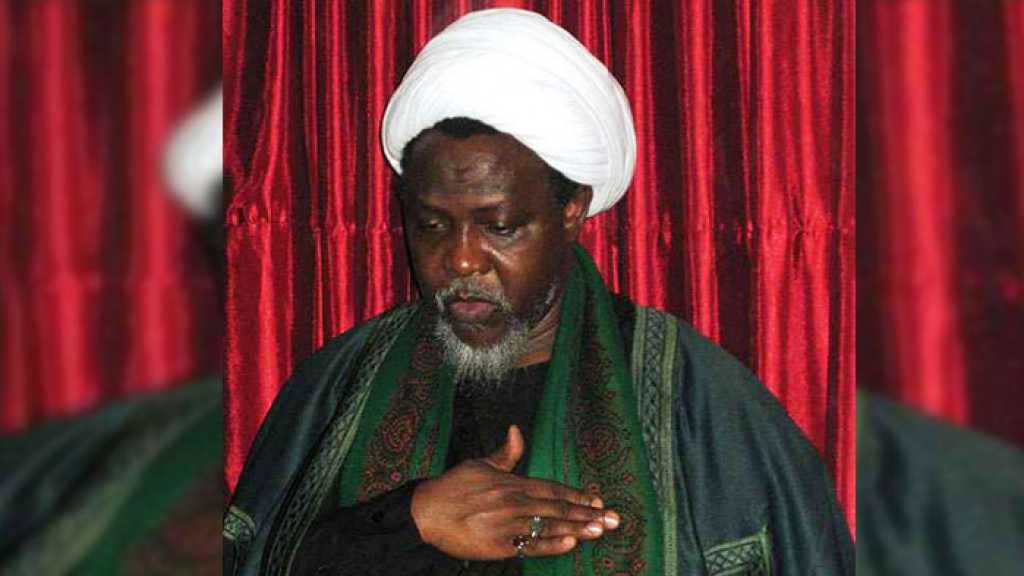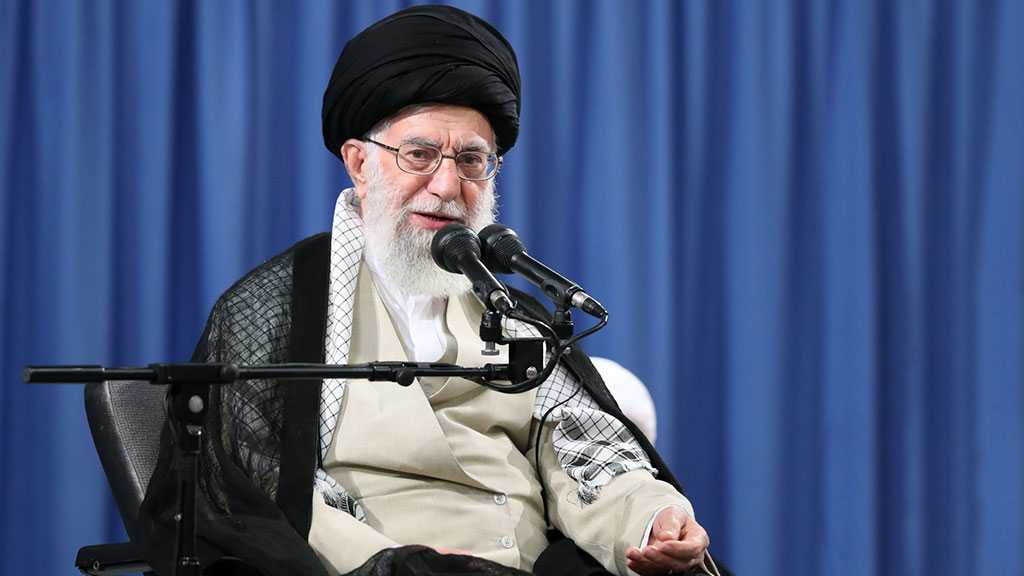Resistance against "Israel" built Nasrallah reputation

Source; AFP, 09-05-2008
BEIRUT: Sayyed Hassan Nasrallah, leader of Hizbullah, enjoys huge popularity in many part of the Arab world, where he is widely viewed as a courageous fighter who neutralized 'Israel's' military might. The charismatic Nasrallah, 47, is a skilled orator with a sense of humor unusual among those in fundamentalist movements.
Born in Beirut's impoverished northern suburb of Bourj Hammoud on August 31, 1960, he was one of nine children of a poor grocer hailing from the tiny Southern village of Bazuriyeh.
Intelligent and deeply religious, Nasrallah studied both politics and the Koran for three years at a Shiite Muslim seminary in Najaf, Iraq, before being expelled in 1978 when then-President Saddam Hussein, a Sunni, repressed Shiite Muslim activists.
He then became heavily involved in Lebanese politics and gained much of his early experience in the Shiite Muslim Amal movement. But he broke away from Amal in 1982 along with several other colleagues in a dispute over ways to confront the situation resulting from the full-scale 'Israeli' invasion of Lebanon that year.
He was elected secretary general of Hizbullah in 1992, aged just 32, after an 'Israeli' helicopter gunship killed his predecessor, Abbas al-Musawi - and the latter's wife and children - in the South.
Hizbullah's solid performance during 'Israel's' infamous "Grapes of Wrath" military offensive in Lebanon in 1996 cemented Nasrallah's role as a symbol of resistance and also secured him a privileged place with Syria, where his portrait is omnipresent in many areas.
He acquired cult status in Lebanon and across the Arab world after 'Israel' withdrew its troops from most of South Lebanon under relentless Hizbullah attacks in May 2000, ending 22 years of occupation in the region.
Nasrallah's 14 years at the helm of Hizbullah have also been marked by internal successes in Lebanon. It has 14 MPs in the Parliament, and until a walkout in November 2006 also held two Cabinet posts.
Hizbullah is also admired by many Shiite Muslims in Lebanon for supporting local charities and for assisting many of those displaced in the 2006 war.
Nasrallah's popularity soared after a UN-brokered cease-fire ended the conflict on August 14, 2006, with supporters handing out posters bearing his photograph and declaring "divine victory."
The Hizbullah chief is married and has several children. His eldest son, Hadi, was killed during a military operation against 'Israeli' occupation forces in South Lebanon in 1997.
BEIRUT: Sayyed Hassan Nasrallah, leader of Hizbullah, enjoys huge popularity in many part of the Arab world, where he is widely viewed as a courageous fighter who neutralized 'Israel's' military might. The charismatic Nasrallah, 47, is a skilled orator with a sense of humor unusual among those in fundamentalist movements.
Born in Beirut's impoverished northern suburb of Bourj Hammoud on August 31, 1960, he was one of nine children of a poor grocer hailing from the tiny Southern village of Bazuriyeh.
Intelligent and deeply religious, Nasrallah studied both politics and the Koran for three years at a Shiite Muslim seminary in Najaf, Iraq, before being expelled in 1978 when then-President Saddam Hussein, a Sunni, repressed Shiite Muslim activists.
He then became heavily involved in Lebanese politics and gained much of his early experience in the Shiite Muslim Amal movement. But he broke away from Amal in 1982 along with several other colleagues in a dispute over ways to confront the situation resulting from the full-scale 'Israeli' invasion of Lebanon that year.
He was elected secretary general of Hizbullah in 1992, aged just 32, after an 'Israeli' helicopter gunship killed his predecessor, Abbas al-Musawi - and the latter's wife and children - in the South.
Hizbullah's solid performance during 'Israel's' infamous "Grapes of Wrath" military offensive in Lebanon in 1996 cemented Nasrallah's role as a symbol of resistance and also secured him a privileged place with Syria, where his portrait is omnipresent in many areas.
He acquired cult status in Lebanon and across the Arab world after 'Israel' withdrew its troops from most of South Lebanon under relentless Hizbullah attacks in May 2000, ending 22 years of occupation in the region.
Nasrallah's 14 years at the helm of Hizbullah have also been marked by internal successes in Lebanon. It has 14 MPs in the Parliament, and until a walkout in November 2006 also held two Cabinet posts.
Hizbullah is also admired by many Shiite Muslims in Lebanon for supporting local charities and for assisting many of those displaced in the 2006 war.
Nasrallah's popularity soared after a UN-brokered cease-fire ended the conflict on August 14, 2006, with supporters handing out posters bearing his photograph and declaring "divine victory."
The Hizbullah chief is married and has several children. His eldest son, Hadi, was killed during a military operation against 'Israeli' occupation forces in South Lebanon in 1997.
- Related News


Halutz: We failed to Assasinate (Sayyed) Nasrallah
15 years ago

